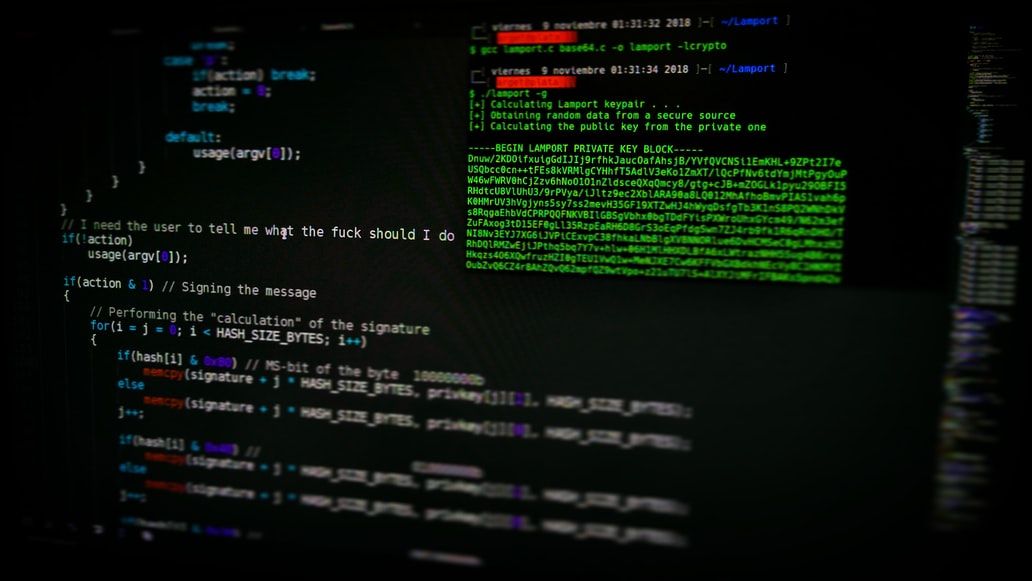Anonymous, a hacker organisation, has taken down multiple Russian government websites, including the state-run Russia Today news agency.
Hackers affiliated with the Anonymous collective said that they had initiated cyber operations that brought down RT.com, as well as the Kremlin, Russian government, and Russian defence ministry websites, for a limited period of time.
Also read: Champions League final moved to Paris from St Petersburg after Ukraine invasion
The attack, according to RT.com, slowed down certain websites while taking others offline for “extended periods of time.”
The majority of RT’s coverage of the situation in Ukraine has been pro-Russian, with fireworks and joyous celebrations in the newly captured territory.
MPs in the United Kingdom have declared the TV channel to be Russian President Vladimir Putin‘s “personal propaganda tool” and have called for its banning.
Also read: Russia-Ukraine crisis: UNSC draft resolution condemns Russia, asks for force withdrawal from Ukraine
The distributed denial-of-service (DDoS) assault used, according to Internet security expert Robert Potter, involves numerous servers overloading a targeted website so that no other traffic could get through.
“It’s like trying to run five people through a door at the same time,” he said.
DDoS attacks are thought to be simple to launch and defend against.
Switching off international traffic to a website is one basic solution, which could explain why it appears to be simpler to reach RT.com from within Russia than from outside.
“DDoS is rarely more than inconvenient,” Potter said.
Also read: What is SWIFT, why does Ukraine want Russia to be banned from it?
However, according to Potter, there will be more Anonymous “cyber activism” in the future.
Anonymous is a decentralised group with no hierarchy or leadership that has been known to attack a variety of targets, including the CIA, Islamic State, and the Church of Scientology in the past.
If the Ukraine conflict worsened, an Anonymous video broadcast on February 15 threatened to “hostage” Russia’s industrial control systems.
“There’s a real risk of country-versus-country cyber warfare leading to an escalation,” Potter said.
“Any cyber activity that’s conceptually anonymous and deniable is more likely to be successful as it won’t escalate things between countries,” he added.
An escalation might involve a Russian cyber attack on the United States.
In January, a US official intelligence brief warned that if NATO interfered to support Ukraine, Russia “would consider” launching a potentially devastating cyber strike against the US.
Security experts have also warned that cyber strikes against Australia may be encouraged by Russian-linked criminal groups.
Russian cyber troops launched DDoS attacks on the websites of many Ukrainian banks and government departments earlier this week.
Ukraine’s government has requested “hacker underground” volunteers to help secure crucial infrastructure and spy on Russian forces.







